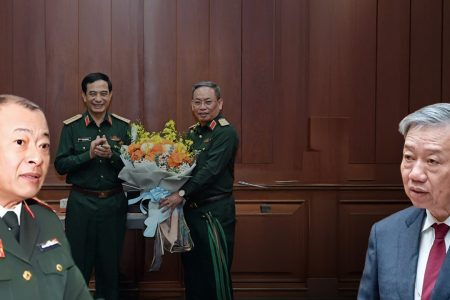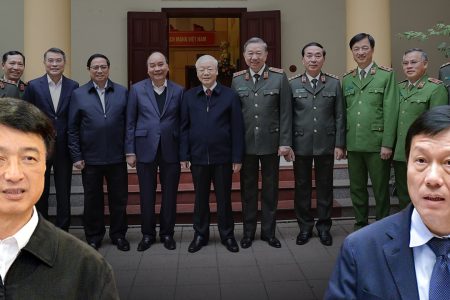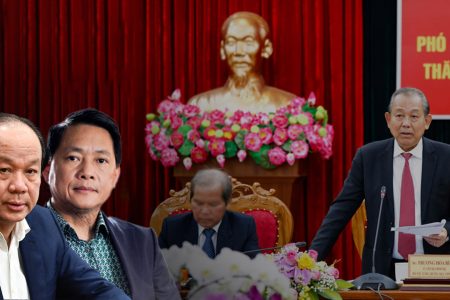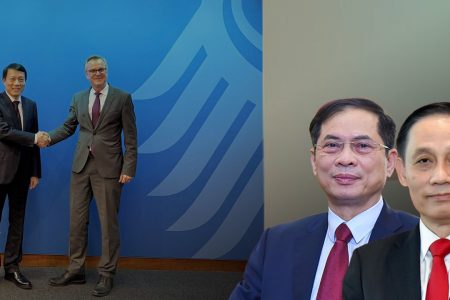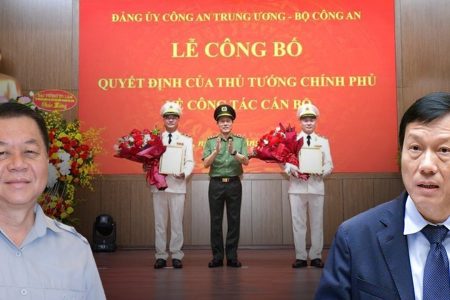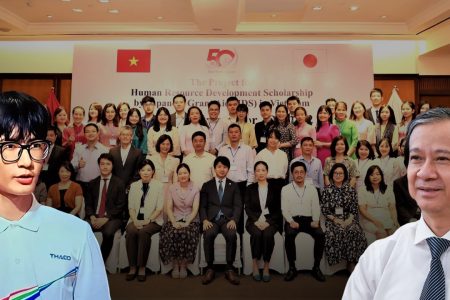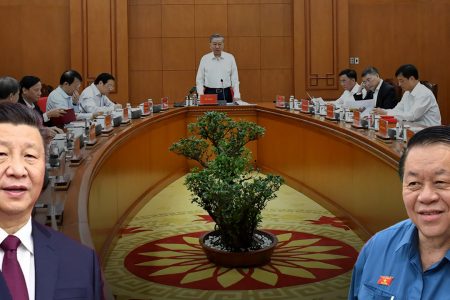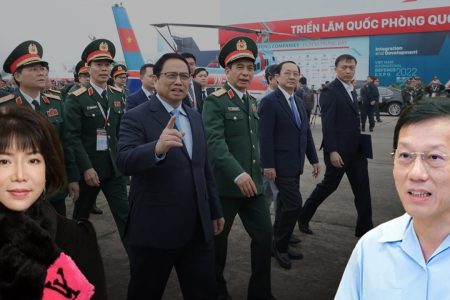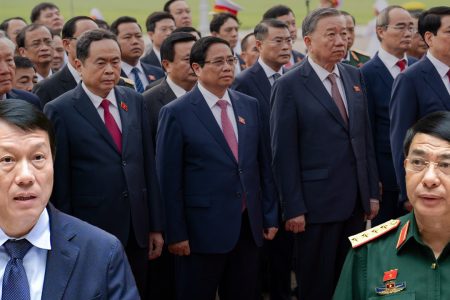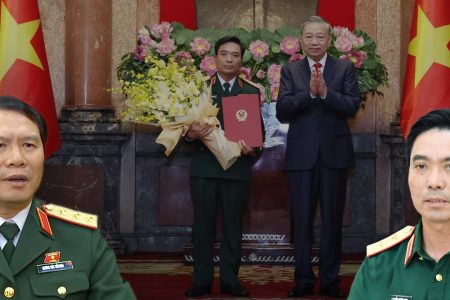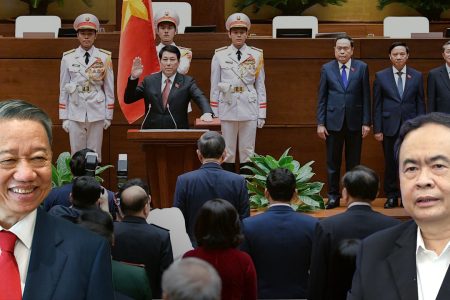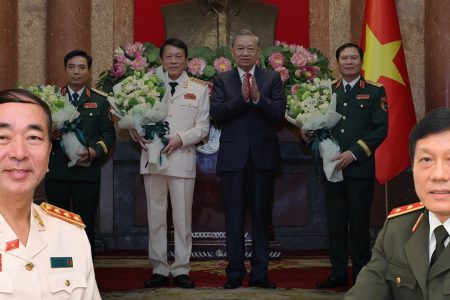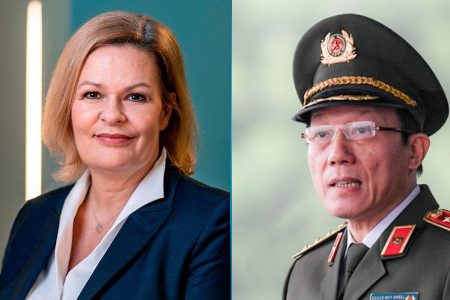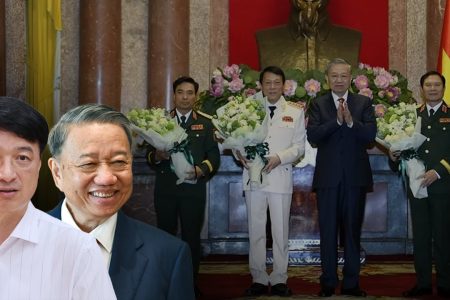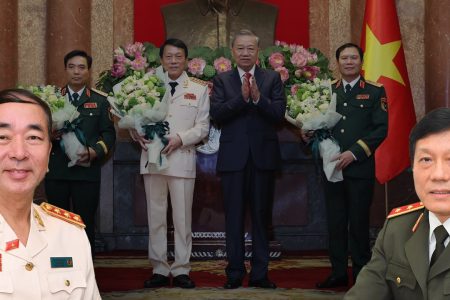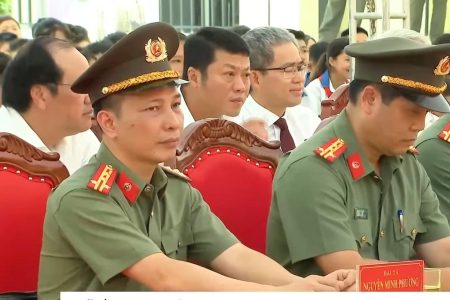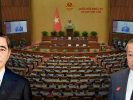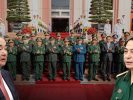
On October 25, the National Assembly of Vietnam conducted a vote of confidence procedure for 44 state officials elected and approved by the country’s highest legislative body. The results of specific votes of confidence for each level and of individuals have been published in detail by state media.
The clarification of the three assessment levels for trust in Vietnam are: high trust, trust, and low trust, has caused a lot of controversy. While, commonly in other countries, there are only 2 levels, namely trust and no trust.
Journalist Luu Trong Van, writing on his personal Facebook page, posed an interesting question:
“The question is: Why, among the 500 National Assembly deputies, most of them have university degrees, master’s degrees, doctorates, and professors, that is, they have bright intelligence and a clear Vietnamese language treasure, but there is nobody wondering what most voters think is “funny” when the National Assembly sets three levels of confidence, including the phrase “low confidence” for National Assembly delegates to vote on?
Here, Vietnamese is another challenge… Until now, I still doesn’t understand what “low trust” means?
As for journalist Le Huyen Ai My, former Editor-in-Chief of Ho Chi Minh City Women’s Newspaper, “complained” on her personal page, “I got angry when hearing that the number of ‘high confidence’ and ‘low confidence’ votes affects the purity of Vietnamese. Not to mention the high rate of low confidence and the low rate of high confidence votes, it’s tongue in cheek.”
But experts say that it was a deliberate trick by General Secretary Nguyen Phu Trong. The head of the Communist Party of Vietnam wants to vaguely show people that there is no one who is distrusted by the Party. Because the last level – “low trust” – is still trust.
That is one of the reasons why experts assert that getting votes of confidence has long been just a trick, with a demagogic nature. This is only to show that the National Assembly’s supervision function is there, but the results of the vote of confidence have absolutely no effect at all.
However, Radio Free Asia quoted the opinion of Dr. Nguyen Khac Giang, an expert in Vietnamese political research, saying:
“Taking a vote of confidence is the caution of the Communist Party of Vietnam, to avoid internal strife, and this way, in part, to minimize the risks, first is causing internal conflicts, second, there is the risk of internal factions taking advantage of this vote of confidence to create factions. This is a risk that the Communist Party of Vietnam is very concerned about.”
On the other hand, before the National Assembly conducted the vote of confidence, Vietnamese state media said that the National Assembly’s vote of confidence was used as a basis for selecting high-ranking officials for the party’s 14th National Congress scheduled in early 2026.
According to experts, the vote of confidence is an opportunity for National Assembly Chairman Vuong Dinh Hue to use his “home field” to score points. At the same time, Mr. Hue, as the host, will find ways to lower the scores of his opponents running for the General Secretary position.
What does that have to do with the fact that, at the 7th Plenum in May 2023, the party’s Central Committee also took a vote of confidence within the Party for 21 members of the Politburo and the Secretariat.
Public opinion at that time was interested in three bright candidates, including Vuong Dinh Hue, Pham Minh Chinh and Vo Van Thuong, who were expected to compete for the position of the next General Secretary.
Previously, there were many rumors that General Secretary Trong wanted to eliminate Chinh to choose Hue to sit on the “throne.” But the unexpected result was that the votes of confidence of Vuong Dinh Hue and Pham Minh Chinh were equal, and both ranked behind Vo Van Thuong.
Therefore, the vote of confidence on October 25 is very important to the future of Mr. Vuong Dinh Hue. In fact, the published results showed that Hue was far ahead of Pham Minh Chinh. That result will create a premise for General Secretary Nguyen Phu Trong to arrange succession personnel at the 14th National Congress more smoothly, with the chosen intention.
If so, as a result of the recent vote of confidence in the National Assembly, it is clear that General Secretary Nguyen Phu Trong has achieved his goal. This shows that the final vote of confidence only serves the internal struggle and power struggle at the political upper level of the Communist Party of Vietnam.
Thoibao.de (Translated)



